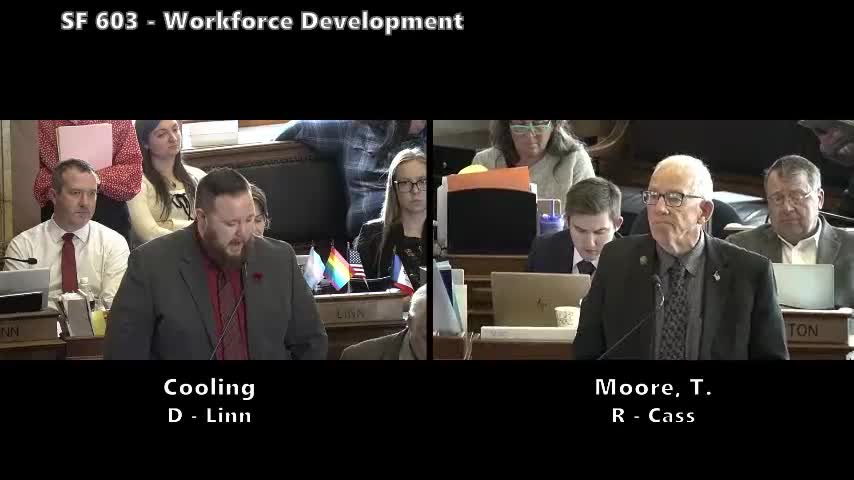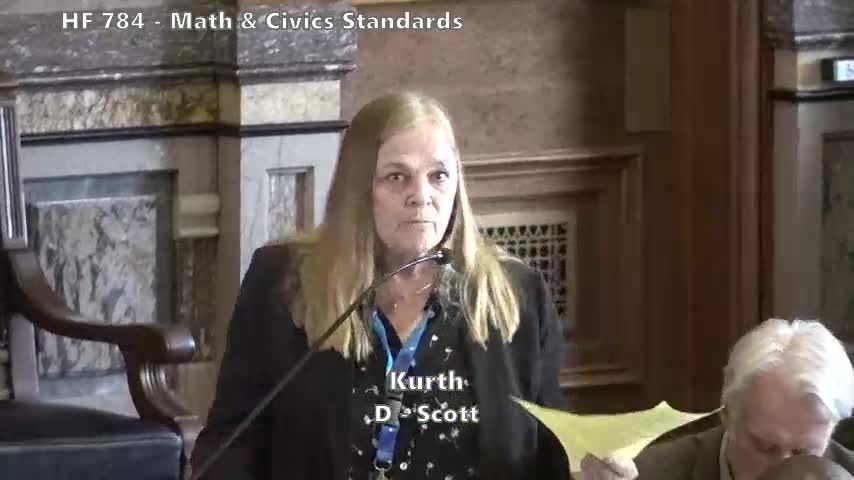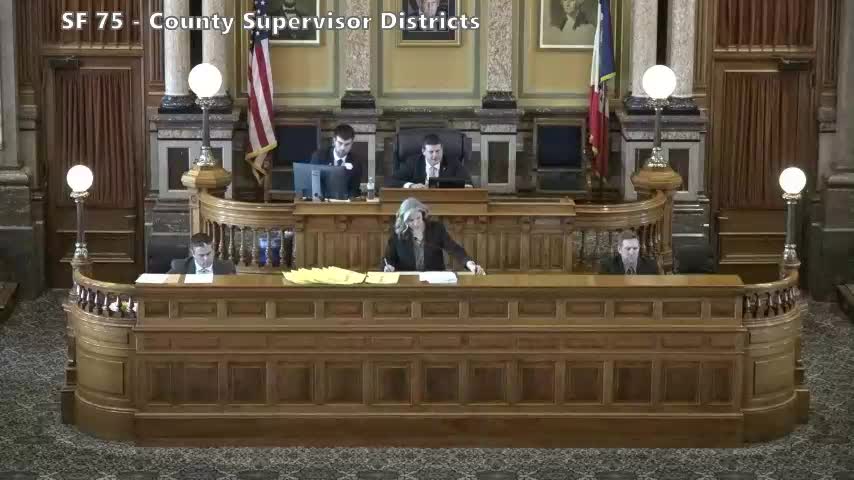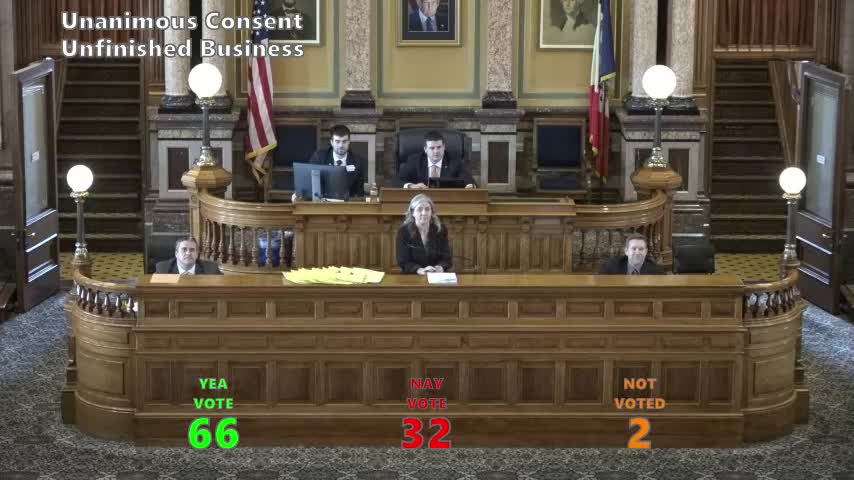Article not found
This article is no longer available. But don't worry—we've gathered other articles that discuss the same topic.

House passes a set of K-12 bills on therapeutic classrooms, phone policies, math screening and online testing

House advances several higher-education measures: ban on DEI/CRT requirements at regent schools, core curriculum and center for intellectual freedom among bills

House amends workforce bill with procurement, apprenticeship and child-labor recapture language; passes 62-34

